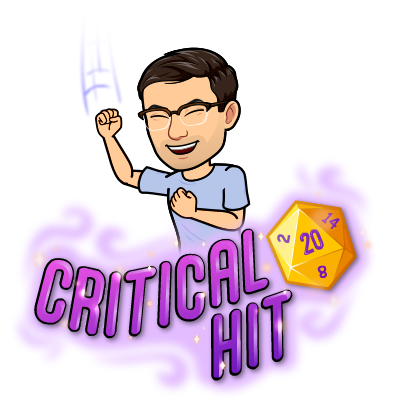 |
The Village Peeps at our holiday meeting
(plus Ann Marie, pictured below, who
took this picture) |
Why have a writer's group? Because different points of view will improve your work. Because they are "beta readers", if only piece by piece. Because they share your interest and will share what they know with you, and you with them. Because they are part of your writer community.
My writer's group is the Village Peeps of Corvallis. I joined the group way back in the late 90s soon after it formed. We all (I think) had taken writing classes from a great children's fiction writer, the late
Anne Warren Smith. Using her rules for giving and receiving feedback, decided to "take it to the next level" and form our own group.
Members have changed over the years, with a few members moving away (whom we still consider honorary members), and a couple passing away, and then others joining to take their places. There are eight of us at the moment, and not likely to increase (Margie,
Marissa, Dean, Beverley, Monica,
Donovan,
Ann Marie, and myself). It's a good number for our style. We used to meet at the Good Samaritan Village, so we were the "Village People" at first.
 |
Ann Marie (who took the pic
of our group, above) as she
gives a reading from her book. |
No matter how polished I think my draft is, they will always find things that need changed. Without exception, every piece I bring in is made better. We are a diverse group, in terms of what we write. Only two of us write fantasy or speculative fiction. Others write more mainstream fiction. Some write autobiographical pieces (including one who just published an autobiographical book). One writes historical fiction. One is more literary. Though some groups are more focused in genre, I find this diversity to help my work due to the different ways of looking at the writing.
I don't make 100% of the changes they recommend, since, as the writer, I have the best idea of where the piece is headed and the audience I am appealing to, but I would say that the vast majority of recommended changes are made.
Thinking of setting up your own group?
HERE is a good page about considerations. But I have a few of my own:
- Consider the best size of the group. I recommend a size of around 5-10 people. 8 is our golden number, for the amount of work we bring in. Too few and you don't get enough critiques. Too many, and you find yourself competing for getting your piece critiqued and you run out of time (I've been in a group like that, which had nearly 20 people in it!).
- Where do you meet? It could be at someone's home or a public meeting room. I know a group that meets in the back of a local book store. The Village Peeps currently meet in a meeting room at a local church (though our group is not religious in nature). We used to meet in the dining room of a retirement village. Wherever you meet, make sure that it is suitably comfortable, has enough chairs and table space, it's free of distractions, and it's accessible to everyone. Don't forget to have enough parking!
- Consider the format. Do you want only to read pieces that you take home and then deliver at the next meeting with your critique? Read it aloud in class? For us, we only occasionally do pieces in the session, and only if very short. Most are "take home" pieces followed by oral critique summaries at the next meeting. And we practically never read aloud.
- How often to meet, and for how long? For us, it's a couple hours in the evening, on the second and fourth Thursday of the month. That fits our level of productivity. Some groups meet only once a month. Others every week.
- Who facilitates the meeting? It's important to have someone "in charge" during the meeting to determine what order the pieces are critiqued and what order people give feedback. In our group, we rotate who facilitates based on alphabetical name.
- What rules to follow? I have written special posts for this (see links, below). But every group is different. It's very important that the group has guidelines and that everyone follows them, to insure proper respect, the best feedback, and timeliness.
- HERE for the guidelines we use when you are the one giving the critique.
- HERE for the guidelines we follow when you are the one receiving the critique.
If you need more advice, please leave a comment, below, or go to the "Contact Me" form in the sidebar to the right.
Cheers and happy reading!








